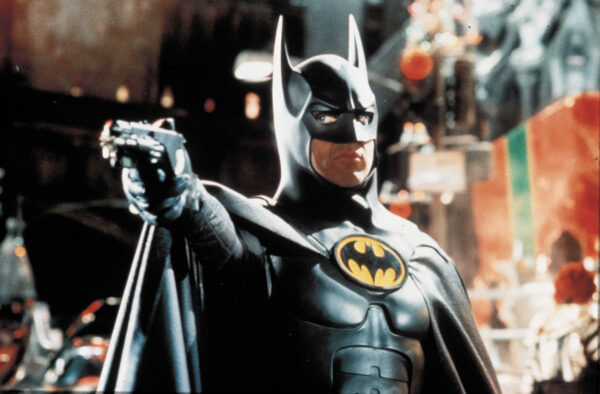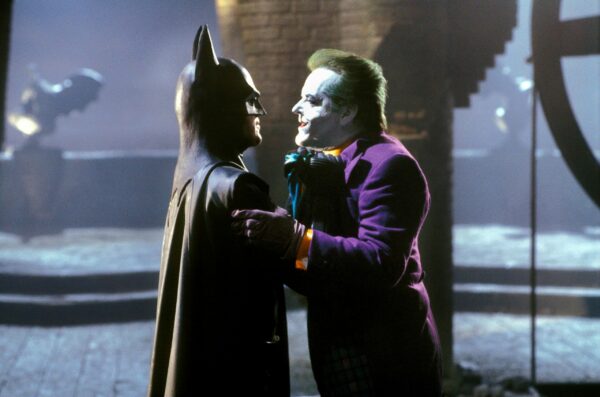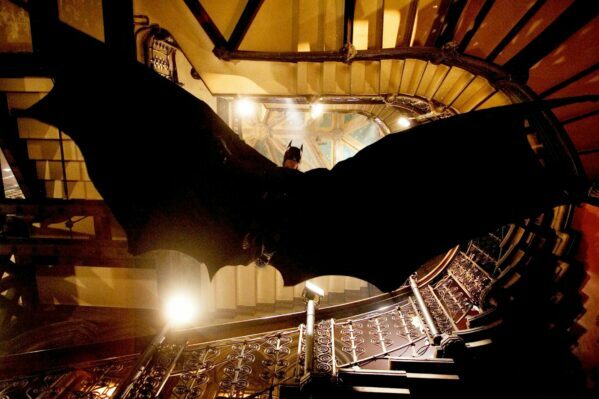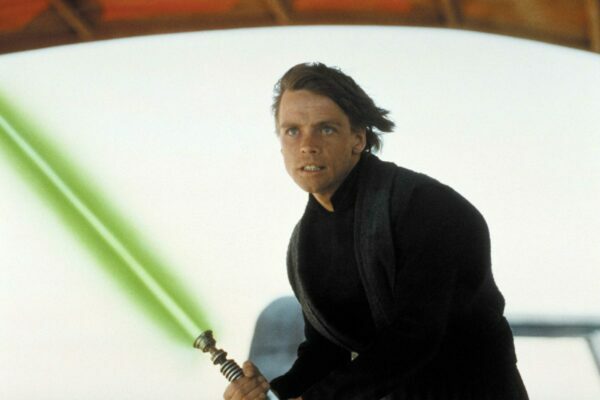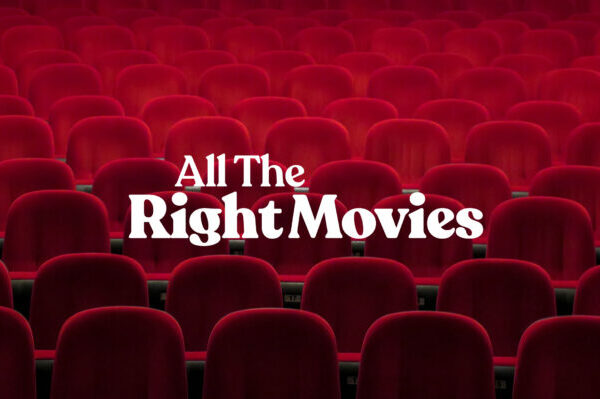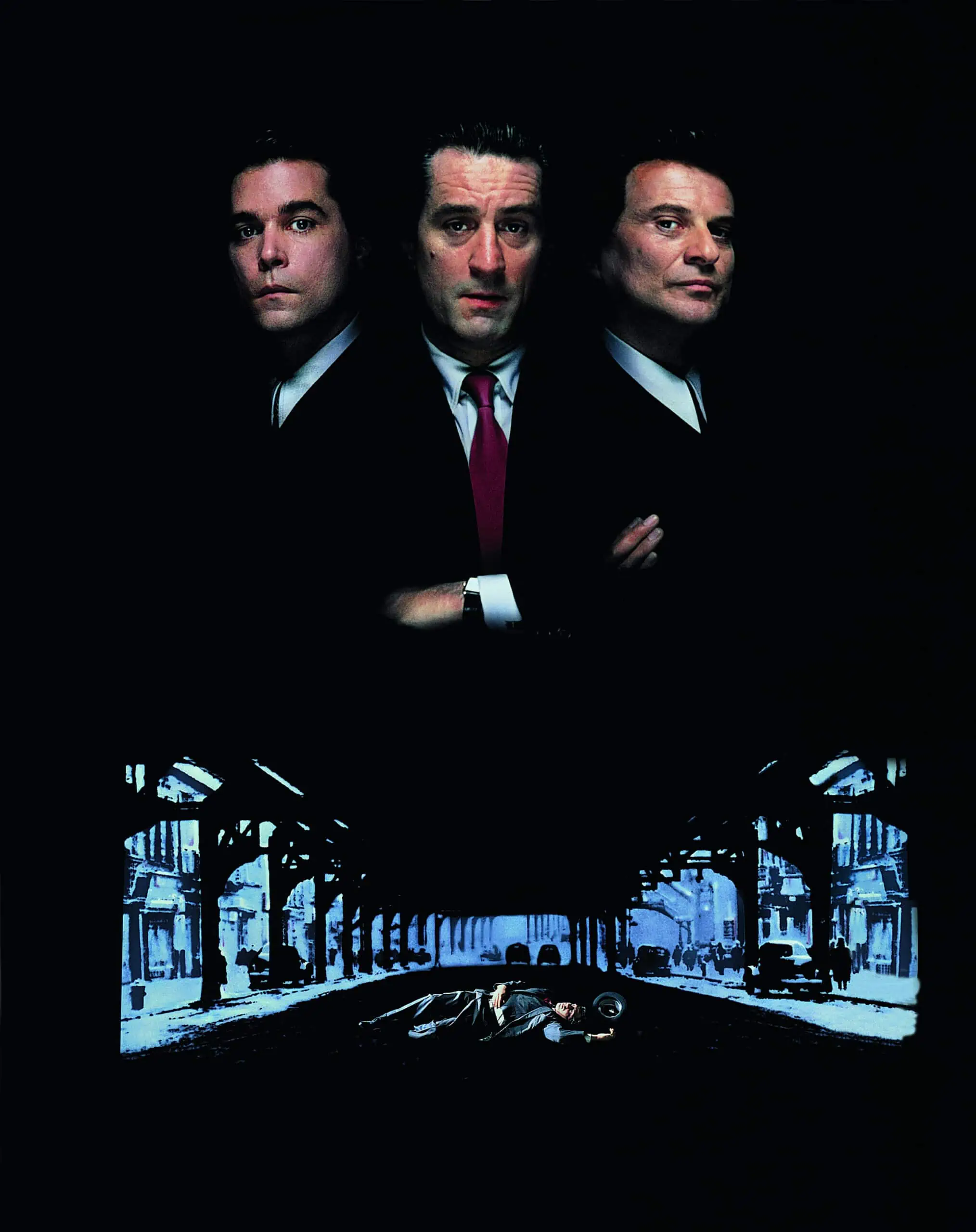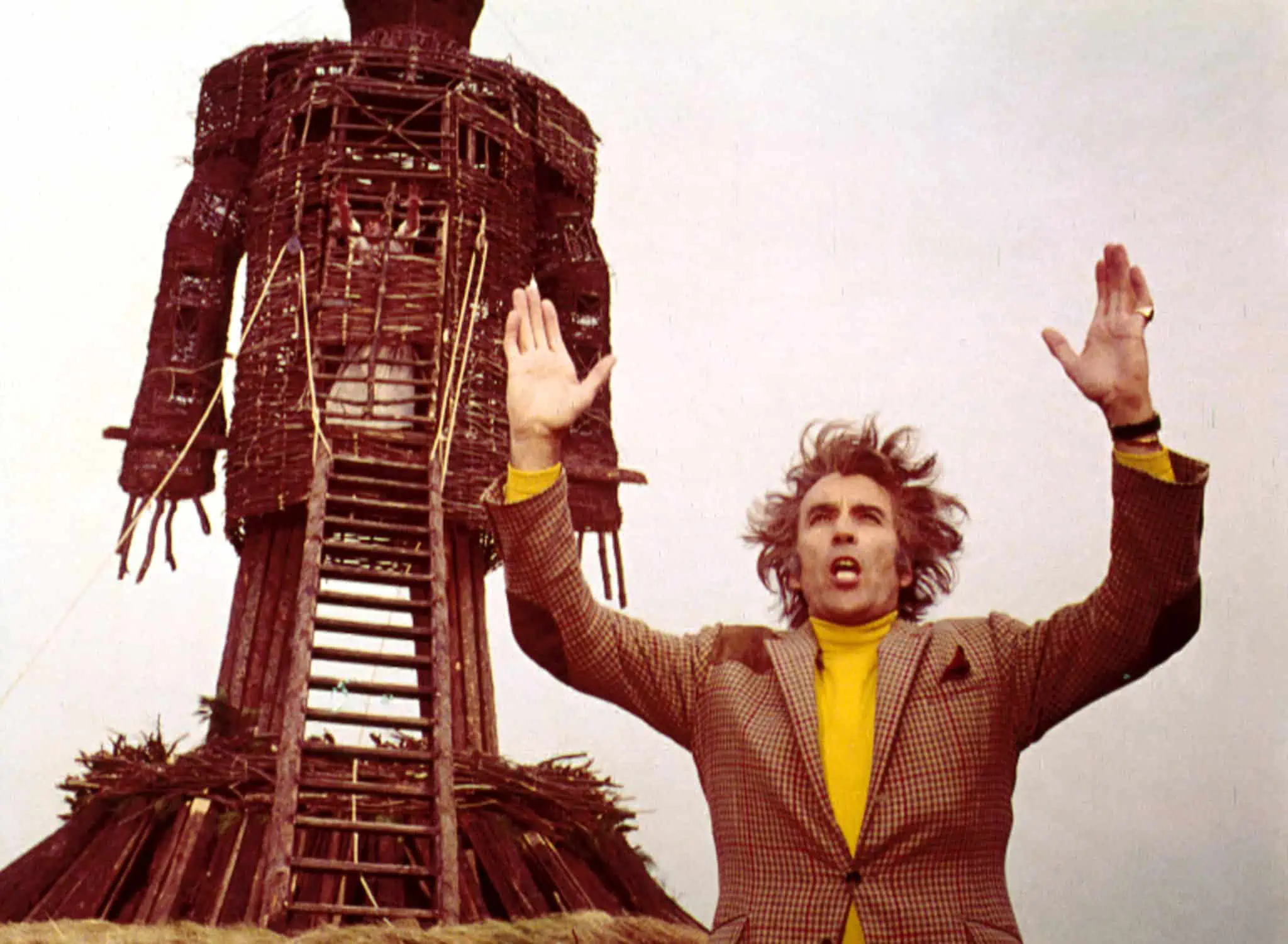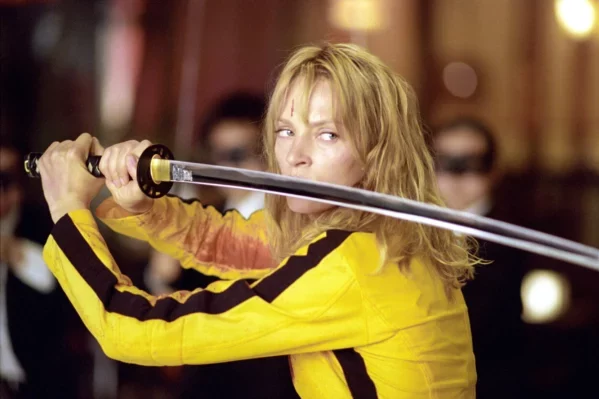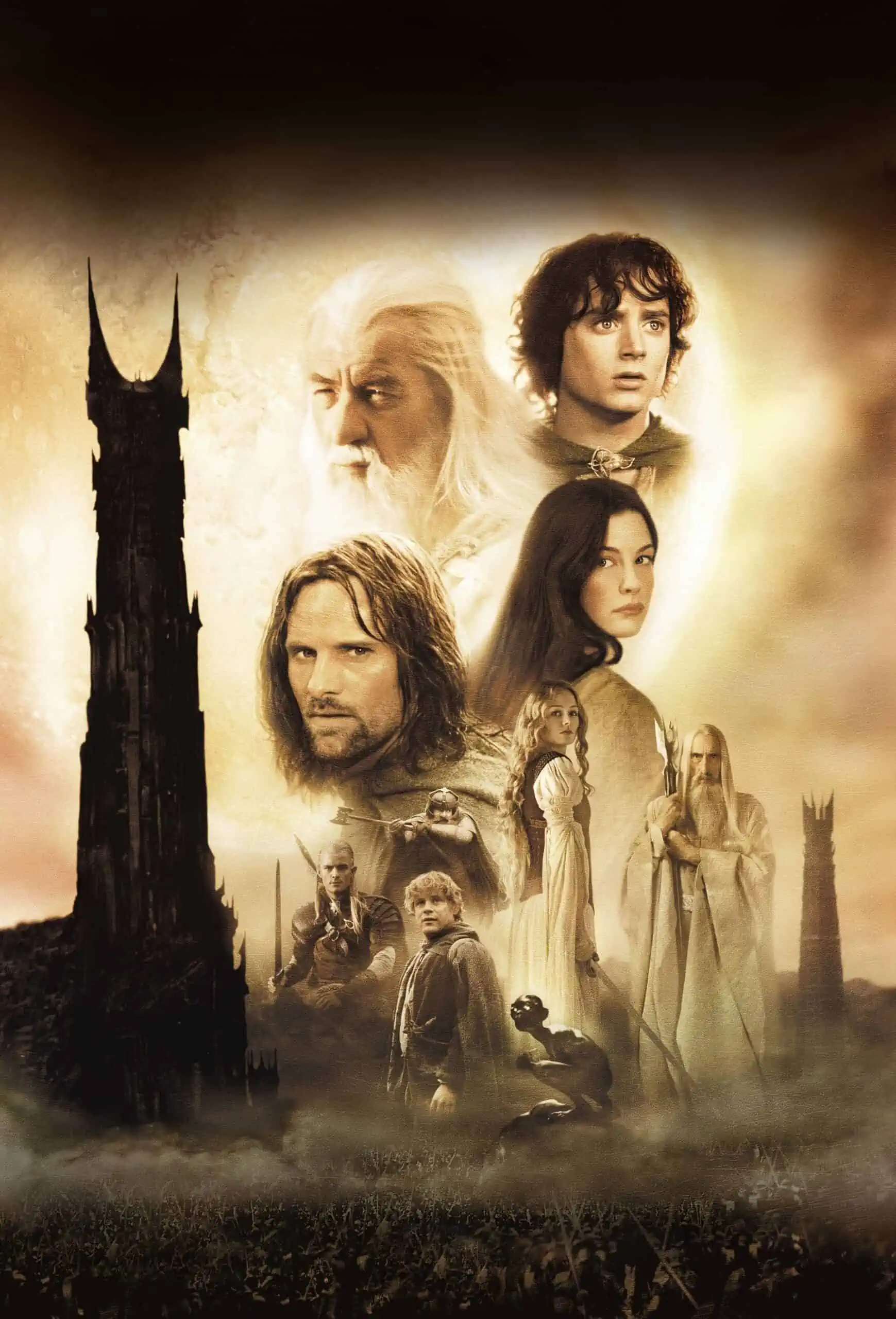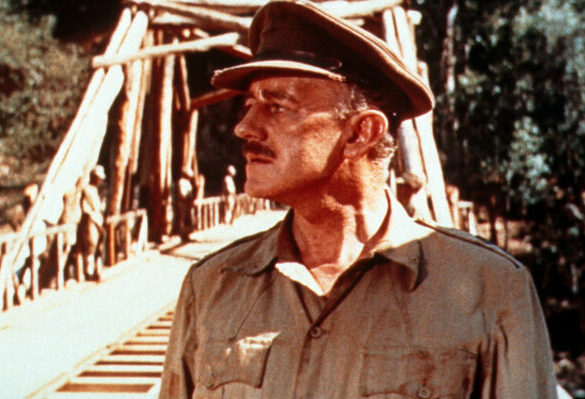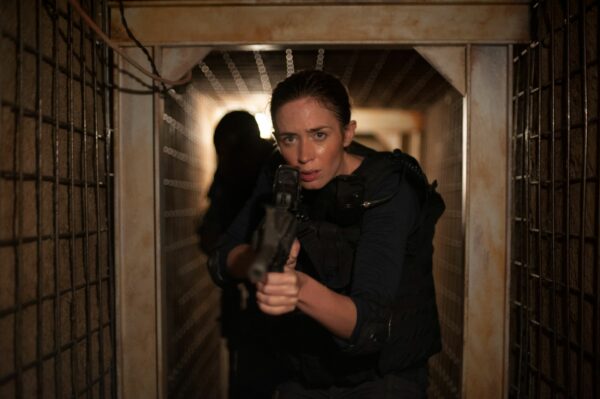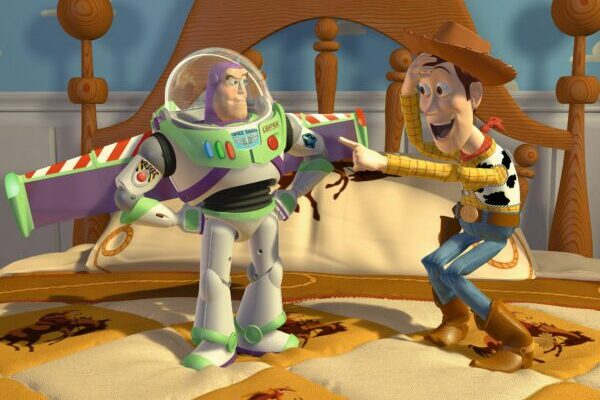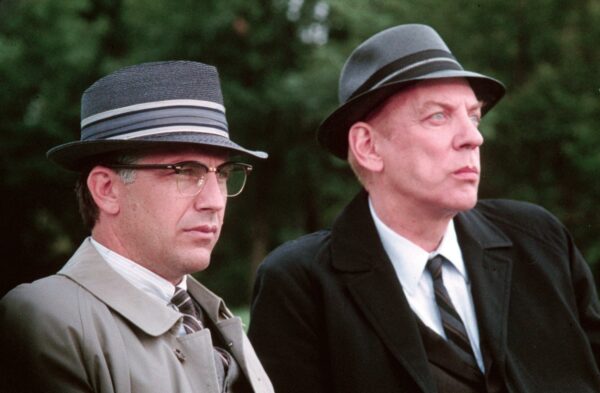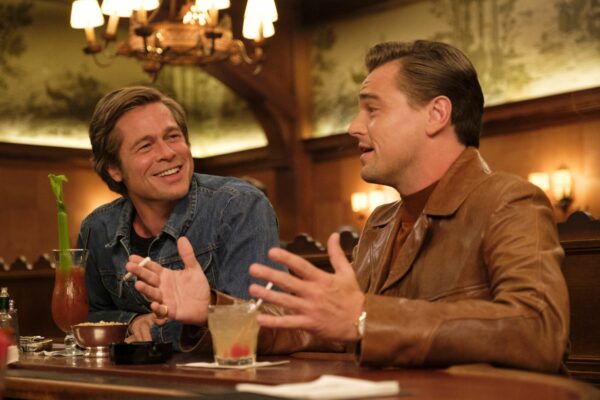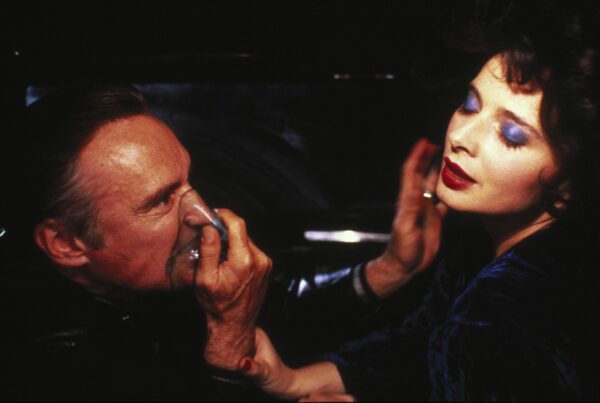
Our Top 10 rundown of the greatest science fiction movies of all time – from time travel, through dystopian futures, to cerebral, thought-provoking films. For more great video content and Top 10 movie lists, subscribe to our YouTube channel.
Space travel. Time travel. Artificial intelligence. Science fiction can take us to places beyond imagination to explore our own society, possible futures and what it means to be human. We’ve probed every subgenre to bring you the ten greatest science fiction movies of all time.
Subscribe to our YouTube channel
10. Action
What is it?
Starting things off, and we’re analysing the astonishing as we look at the action blockbuster movie. By its very nature, science fiction lends itself to big budget spectacle and has often been at its best in this subgenre.
Classic examples:
Michael Crichton’s stunning extinction-eradicating concept was spectacularly brought to life in Jurassic Park (1993). Paul Verhoeven expertly combined robotic technology and near-future satire in RoboCop (1987). And James Cameron shifted genre from horror to action to create one of the great movie sequels in Aliens (1986).
Our winner:
And, for our winner, we’re staying with Jim Cameron, and bringing Arnold in too. Los Angeles 1984 in The Terminator (1984).
Coming to Cameron in a fire-drenched dream, The Terminator is the tale of 19-year old waitress Sarah Connor, who finds herself running for her life when a relentless cyborg travels from the future to kill her and her unborn son.
With its explorations of artificial intelligence, rise of the machines, and a dystopian future, Cameron covers several science fiction subgenres, as well as skating the line between action and horror to masterful effect. And that the Terminator itself is at once unstoppable force and marvel of 80s effects technology, makes it one of the great movie villains.
A nightmarish antagonist, one of a great modern directors greatest movies, and stunning science fiction action.
9. Animation
Sometimes overshadowed by its bigger, more lucrative live-action cousins, animation has given us some of the most provocative science fiction features, and its animation we’re looking at for number 9 in our list.
Classic examples:
In its exploration of digital identity and simulation theory, Ghost In The Shell (1995) is as influential as almost any other movie on this list. Fantastic Planet (1973) is a study of society, oppression, and forbidden love. And Wall-E (2008) is a cautionary tale on the environment, consumerism, and over-consumption.
Our winner:
Some selection but, for our 6th spot we’re heading to Japan for an iconic anime. Post-apocalypse 2019. The year of Akira (1988).
A compelling cocktail of violence, cyberpunks and mutants, Akira is the story of Kaneda, a gang leader trying to save his friend from a secret government project. Looking to Japan’s past as much as its future, Akira takes place 30 years after an atomic bomb destroyed Tokyo and weaves a complex narrative of government conspiracies, scientific experiments and psychopathic psychics.
Consisting of 3 times more shots than was normal and setting a record for the amount of colour used, Akira was a landmark for animation in 1988 and remains a benchmark now. The most expensive animated feature of its time, one of the most influential films of its generation and, for us, the greatest science fiction animation of them all.
8. Horror
What is it?
Horror movies crop up in almost every other genre from time to time, science fiction is no different, and that’s what we’re looking at for the 8th spot in our list.
Classic examples:
Ridley Scott defined the modern science fiction horror movie, in Alien (1979). Under The Skin (2013) follows an extraterrestrial murderess on a killing spree in Scotland. And The Fly (1986) explores transportation and cell fusion to create one of the most memorable body horror film of the 80s.
Our winner:
For our pick, though, we’re heading to an Antarctic outpost with the master of horror for John Carpenter’s The Thing.
Based on John Campbell Jrs novellla Who Goes There? And 1951’s The Thing From Another World,, The Thing is a terrifying tale of a shape-shifting alien, and Carpenter’s adaptation brings us graphic gore through a prism of tension, trauma and mistrustful paranoia.
A critical and commercial disaster on release, The Thing all but ended the career of Carpenter as a big-name Hollywood director but, over time, the film has rightfully earned a reputation as a stone cold classic.
Rob Bottin’s creatures effects are legendary, Kurt Russell gives one of his best performances as team leader MacReady, and Carpenter cemented his reputation as the Master of Horror. A modern classic and no-brainer, for our 8th position.
7. Dystopian
Ubiquitous in Hollywood today, the dystopian movie has almost became a genre in its own right. Whether analysing a totalitarian regime or the aftermath of an apocalyptic event, a dystopian future has provided the setting for some of the most famous science fiction movies ever made.
Classic examples:
Fritz lang created the first science fiction film and a famously bleak capitalist future in Metropolis (1927). Bureaucratic nightmare meets escapist fantasy in Terry Gilliam’s Orwellian Brazil (1985). And Alfonso Cuaron’s Children of Men (2006) is a harrowing human tragedy of infertility and chaos.
Our winner:
For our selection, though, we’re going with an iconic genre classic. The maniacs blew it up in Planet of the Apes (1968).
When deep space astronaut, Taylor, becomes marooned on a futuristic planet, he finds himself imprisoned by the dominant species – highly intelligent simians.
Adapted from Pierre Boulle’s novel by Michael Wilson and, tellingly, The Twilight Zone’s Rod Serling, Planet of the Apes is a complex sociological study that explores themes around politics and race, holding a mirror up to our own inherent human savagery and frailty.
That it still resonates today is testament not just to the strength of the screenplay, but also the ongoing human desire, and search for, change and redemption.
Astonishingly prescient writing, one of the greatest twists in film history, and the most iconic post-apocalyptic future, in movies.
6. Time travel
Who are they?
At 6 and we’re going with a staple of science fiction – the time travel tale. Centred around unknown possibilities, and fixated on a human desire to put right what once went wrong, time travel movies have long fascinated movie-goers, and filmmakers, alike.
Classic examples:
12 Monkeys (1995) is a story of a pandemic and a past that can’t be changed. Looper (2012) combines time travel with telekinetic abilities and tragedy. And Tenet (2020) is a mind-boggling journey into entropy and time reversal.
Our winner:
For our pick, we’re travelling to a time further back than any other entry on our list for a French classic. From 1962 and director Chris Marker it’s La Jetee.
With a runtime of just 28 minutes, La Jetee sits somewhere between feature and arthouse experiment, but its genius is beyond question.
In a World War III-decimated Paris, a nameless man has developed the ability to travel through time, and wants to use this power to visit our present and prevent his future but, like in the La Jetee-influenced Twelve Monkeys, he finds altering history is easier said than done.
A seminal film on the idea of controlling our destiny, no other film since La Jetee has made the concept of time travel so personal, and the concept of time itself so tragically sad.
5. Cerebral
As much about mind travel as traversing time or space, cerebral science fiction has provided some of the most thought provoking ideas in movies, and that’s what we’re looking at for our fifth spot.
Classic examples:
Stalker (1979) guides us through The Zone in a psychological tale of faith, science, and earthly desires. Alphaville (1965) is a dystopian neo-noir that explores control and individuality. And in Moon (2009), an astronaut’s entire lifeview is put to the test when he finds a younger version of himself in a lunar cavern.
Our winner:
Our winner, though, is a movie that explores the mind like no other. From director Michel Gondry and writer Charlie Kaufman it’s Eternal Sunshine of the Spotless Mind (2004).
After learning his ex girlfriend, Clementine, has undergone a procedure to erase him from her memory, bookish introvert Joel Barish decides to do the same.
Immersing us in Joel’s mind, Eternal Sunshine’s in-camera effects and innovative editing take us tumbling through the process of removing Clementine. The journey becomes increasingly tragic as Joel starts to understand what made him love Clementine in the first place and begins a futile attempt to retain his memories of her.
With possibly Charlie Kaufman’s best script, Eternal Sunshine is stunningly inventive, one of cinema’s greatest explorations of love, and the greatest cerebral science fiction movie.
4. Alternative reality
What is it?
At 4, we’re looking at movies based in alternate realities. Be it a simulation, dreamscape, or alternative history, filmmakers often explore our existence by asking ‘what if?’, which has led to some of the most iconic science fiction in films.
Classic examples:
Tron (1982) evolved visual effects by transporting us into a digital world. Inception (2010) journeys deep into the mind by exploring dreams within dreams. And a cybernetics engineer investigates a simulated reality in World On A Wire (1973).
Our winner:
Our pick, we’re staying with simulated reality for a 90s classic. We’re with Lana and Lily Wachowski to ask, what is… The Matrix (1999)?
Released in 1999, The Matrix blew audiences minds with its exploration of digital networks, dystopian futures and simulation hypothesis.
Telling the hero’s journey story of Neo, a computer hacker destined to become The One, the Wachowskis blend of kung fu choreography, blockbuster action, comic book visuals and groundbreaking visual effects stunned Hollywood to become a pop culture phenomenon, and inspire a slew of lesser imitators.
Viscerally, visually and intellectually staggering in equal measure, The Matrix is one of the great action movies, one of the most iconic films of the late 20th century, and Hollywood’s definitive simulated reality film.
3. First contact
The notion of life on other planets is a prospect that has fascinated mankind for centuries, and Hollywood since its inception. This has led to many iconic movies on that very subject, and is why we’re looking at first contact movies for the fourth spot on our list.
Classic examples:
Contact (1997) is a Carl Sagan-inspired look at what first contact might look like. District 9 (2009) uses the arrival of extraterrestrials to hold a mirror up to South African apartheid. And Close Encounters of the Third Kind (1977) is a portrayal of obsession and desire via UFOs and alien abductions.
Our winner:
Close Encounters is possibly the definitive first contact movie but, for our pick, we’re going for a more modern entry. From Denis Villeneuve it’s Arrival (2016)
When heptapod-housing spacecraft appear across the globe it’s not the military, but Louise Banks, a brilliant linguist, who holds the key to communication.
Based on Story of your Life by Ted Chiang and adapted by Eric Heisserer, Arrival is a time- twisting tale of love and first contact that delivers cerebral high concepts wrapped around a heartbreakingly personal narrative, as Louise sweats, cries and bleeds, on her way to changing the course of human history.
As cinematic as it is absorbing science fiction, Arrival proved again that this genre is where the most profound concepts are dreamt up and, in our eyes, is one of the greatest science fiction movies of all time.
2. A.I.
Into the top 2, and we’re looking at the plot twist. A revealing moment of great surprise or shock, a twist can make or break a movie, and they’ve provided some of the most talked about moments in films.
Into the top 2, and we’re looking at A.I. movies. Artificial intelligence is a recurrent theme in science fiction whether utopian, emphasising great advances in technology, or dystopian, emphasising the dangers.
Classic examples:
A computer programmer finds himself the human component in a secretive Turing test in Ex Machina (2014). In Her (2013), a sensitive writer enters into a relationship with an operating system. And in A.I. (2001), a robotic boy embarks on a journey to gain acceptance from his human adoptive mother.
Our winner:
For our selection, however, we’re in the tech noir dystopia of 2019 L.A. for Ridley Scott and Blade Runner (1982).
Tasked with hunting and retiring a group of human-engineered Replicants, blade runner Rick Deckard finds himself in a deadly game of cat and mouse, resulting in him questioning his own humanity. – literally and metaphorically.
Adapted from a novel by science fiction legend Philip K. Dick, Blade Runner combines a screenplay packed full of ideas and existential ruminations with visuals to a level of stunning beauty that have not before or since been matched in science fiction, and rarely anywhere else.
Cinema’s most stunning realisation of a future tech world, its greatest exploration of what it means to be human and, to us, the greatest artificial intelligence movie of all time.
1. Space travel
This is it, we’ve reached the top spot and it’s a classic science fiction subgenre – interstellar travel. From space operas to gripping thrillers, movies that journey through the stars have provided some of cinema’s most iconic moments and that’s what we’re looking at for our number one position.
Classic examples:
Silent Running (1972) is a deep-space story with themes of environmentalism and artificial intelligence. Forbidden Planet (1956) is one of science fiction’s greatest mystery thrillers. And Solaris (1972) brought a cold depth to science fiction with its exploration of psychology and pondering of reality.
Our winner:
Our winner – is probably not a surprise. From Stanley Kubrick it’s the interstellar epic, 2001: A Space Odyssey (1968).
2001 is the story of everything science fiction. Human history and future, artificial life, alien life, space travel and existentialism are all explored as Kubrick guides us through time and space in a masterpiece of unparalleled proportions.
From its gigantic rotating sets, through stunning cinematography , via Strauss’s Blue Danube, to the lightshow stargate sequence, 2001 was a technical marvel on its release and an audio-visual feast that is yet to be matched.
Open to endless interpretation and with a narrative spine strong enough to keep us engaged, 2001 is one of cinema’s greatest works of art, a seminal piece of filmmaking as influential as any other, and the greatest science fiction movie ever made.
So what do you think? Do you agree with our greatest science fiction movies, or think we’ve missed out some other classics? Let us know in the comments below and subscribe for more All The Right Movies videos.
You may also like...
The beginning of a beautiful friendship
Stay up-to-date with all things All The Right Movies by signing up for our e-newsletter.



